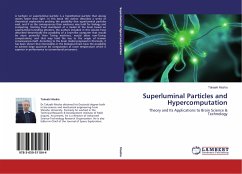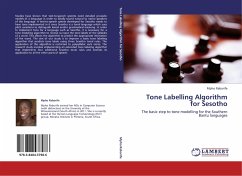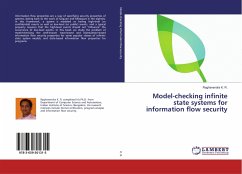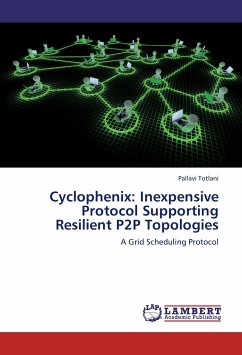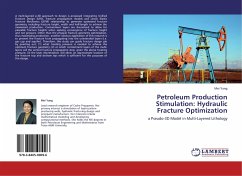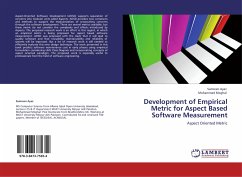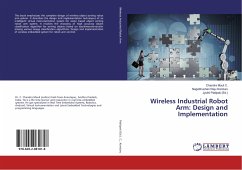A tachyon or superluminal particle is a hypothetical particle that always moves faster than light. In this book the author describes a series of theoretical explorations probing the possibility that superluminal particles exist, and if so the consequences their existence may hold for biology and computing. Starting from standpoint of a model of the brain based on superluminal tunneling photons, the authors included in this volume have described theoretically the possibility of a brain-like computer that would be more powerful than Turing machines, would allow non-Turing computations, and that may hold the key to the origin of human consciousness itself. According to the brain model proposed in this book, it has been shown that microtubles in the biological brain have the possibility to achieve large quantum bit computation at room temperature which is superior in performance to conventional processors.
Bitte wählen Sie Ihr Anliegen aus.
Rechnungen
Retourenschein anfordern
Bestellstatus
Storno

